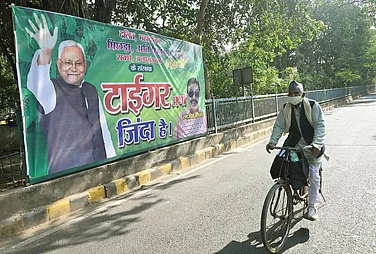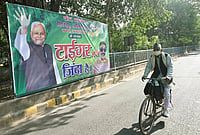In a significant move, the Madhya Pradesh government has announced a 35 percent reservation for women in recruitment, with the exception of the Forest department in the state. This landmark decision comes as an amendment to the Madhya Pradesh Civil Services (Special Provision for Appointment of Women) Rules, 1997.
The notification clearly states, "Notwithstanding anything contained in any service rules, there shall be reserved 35 percent of all posts in the service under the state (except Forest Department) in favor of women at the stage of direct recruitment, and the said reservation shall be horizontal and compartment-wise."
This initiative builds on previous commitments made by Chief Minister Shivraj Singh Chouhan, who had earlier announced similar reservations for women in the police force, other government jobs, and even 50 percent reservation in teaching posts. Additionally, women are being given priority in local bodies, including aldermen and other positions. The government has also taken a proactive stance on girls' education, covering their education fees to ensure better access to quality education.
This development aligns with the recent passage of the women's reservation Bill in the Parliament, which has now become law after receiving the assent of President Droupadi Murmu. The 'Nari Shakti Vandan Adhniyam,' providing 33 percent reservation for women in the Lok Sabha and state legislative assemblies, was unanimously passed by the Rajya Sabha, marking a significant moment in the new Parliament building.
The Bill was passed on September 20, with an overwhelming majority of 454 members voting in favor of the legislation, while only two members voted against it. The Opposition's proposed amendments were not accepted, and individual clauses of the draft legislation were also subjected to voting.





















